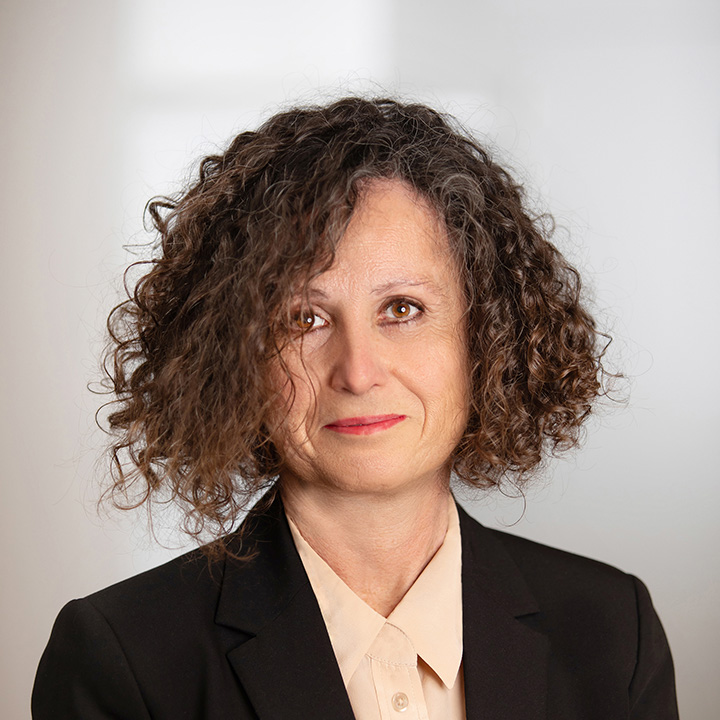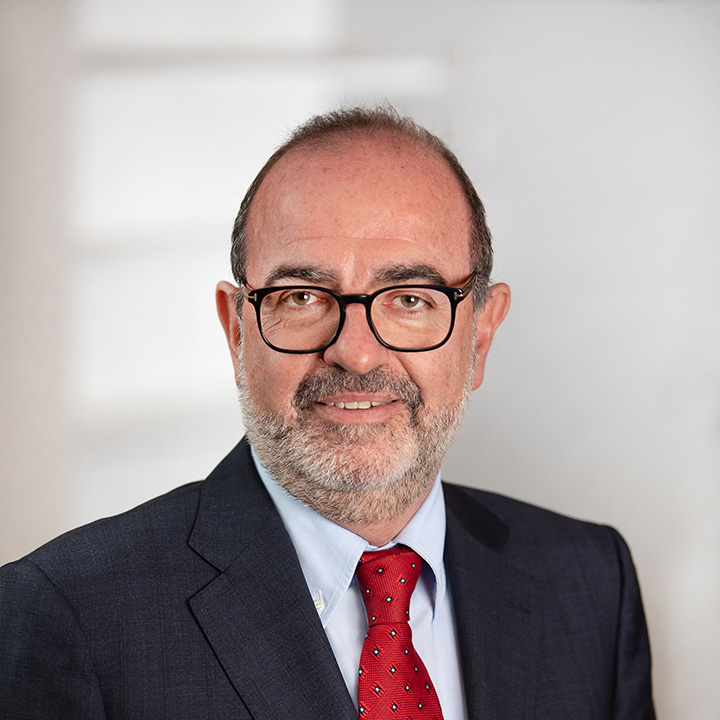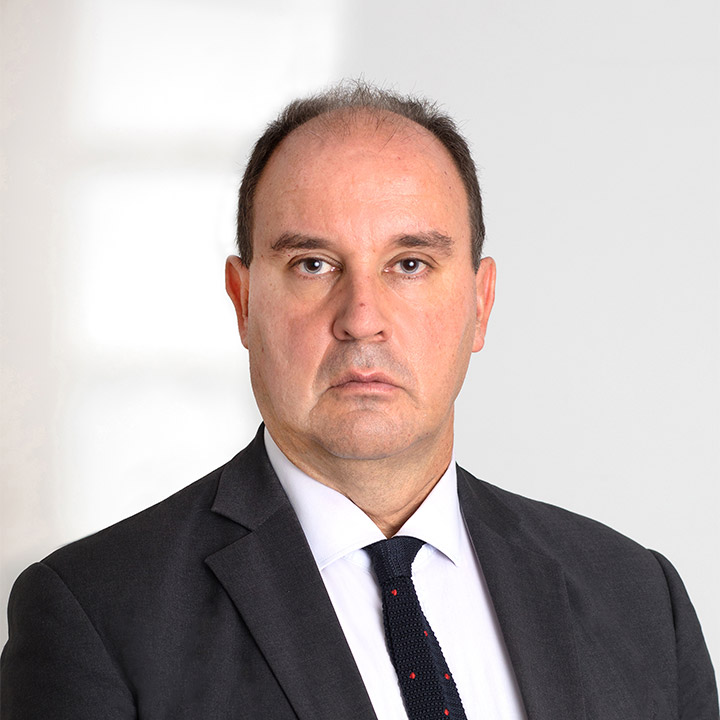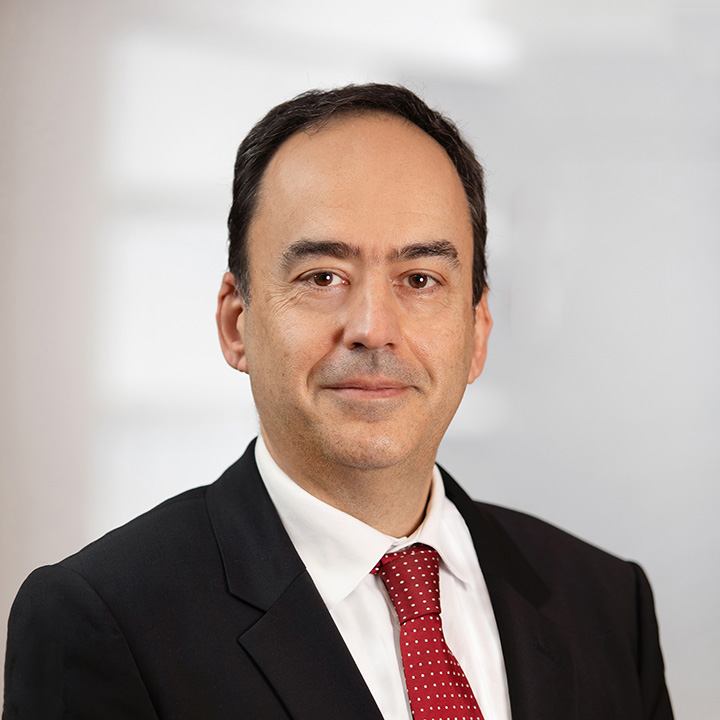About us
Origins
Nestled between France and Spain, the Principality of Andorra came about as a result of two international arbitral awards made in the years 1278 and 1288. Its unique political model, presided over by two Co-princes, the President of the French Republic and the Bishop of Urgell, has survived over the centuries and, with it, the neutrality which the Principality has so successfully preserved.
The people who inhabit the valleys which today make up the Andorran Nation – whose luxuriant vegetation over magnificent mountains have been recognised UNESCO World Heritage – have carried in their DNA, from inception, a culture of dialogue, of deal-making and of resolving disputes.
Proud of that legacy and firmly convinced that both economic growth and societal well-being inevitably include the promotion and development, both globally and nationally, of alternative means of dispute resolution, the Principality of Andorra, at the beginning of the last decade, set up a committee of experts to introduce a modern, dynamic and effective arbitration law, incorporating provisions reflecting the latest developments in the world of arbitration.
As a result of that initiative, 2014 saw the adoption of the 47/2014 Act of 18 December, on arbitration in the Principality of Andorra, and, four years later, the 13/2018 Act, on the Arbitral Tribunal of the Principality of Andorra (ATPA), aiming at creating a single institution to administer arbitration in the Principality.
As a signatory to the New York Convention of 1958 on the Recognition and Enforcement of Foreign Arbitral Awards, the Principality of Andorra also guarantees that any award made in its territory will benefit from the provisions of the Convention.
The ATPA, whose founding members are the Andorran Chamber of Commerce, Industry and Services and the Andorra Bar Association offers both the Andorran business community and all operators in the field of international trade the possibility of choosing a sound institution to deal with their disputes in a secure and dynamic manner.
At all times, it is guided in its actions by the values of independence, confidentiality and trustworthiness, which are safeguarded by its organs, the Assembly and the Arbitral Board.
Submitting disputes to the ATPA for resolution is thus opting always for professional impartiality and competence, with complete assurance that the arbitrators, freely chosen by the parties but appointed by the ATPA’s Arbitral Board, will be entirely independent and impartial.
Furthermore, the ATPA applies modern arbitration rules, allowing large scope for adaptation to the parties’ specific procedural needs, as well as the unusual feature that evidence can be submitted in Catalan, Spanish, French or English without any need for translation.
Lastly, by choosing the ATPA to resolve their disputes, the parties will also have the opportunity, during their spare time, to enjoy a magnificent country, first-class hotels, 300 km of famous ski slopes, a multicultural society and unparalleled security, together with close proximity to Barcelona and Toulouse international airports and the high-speed train stations of Zaragoza, Lleida, Perpignan and Girona.
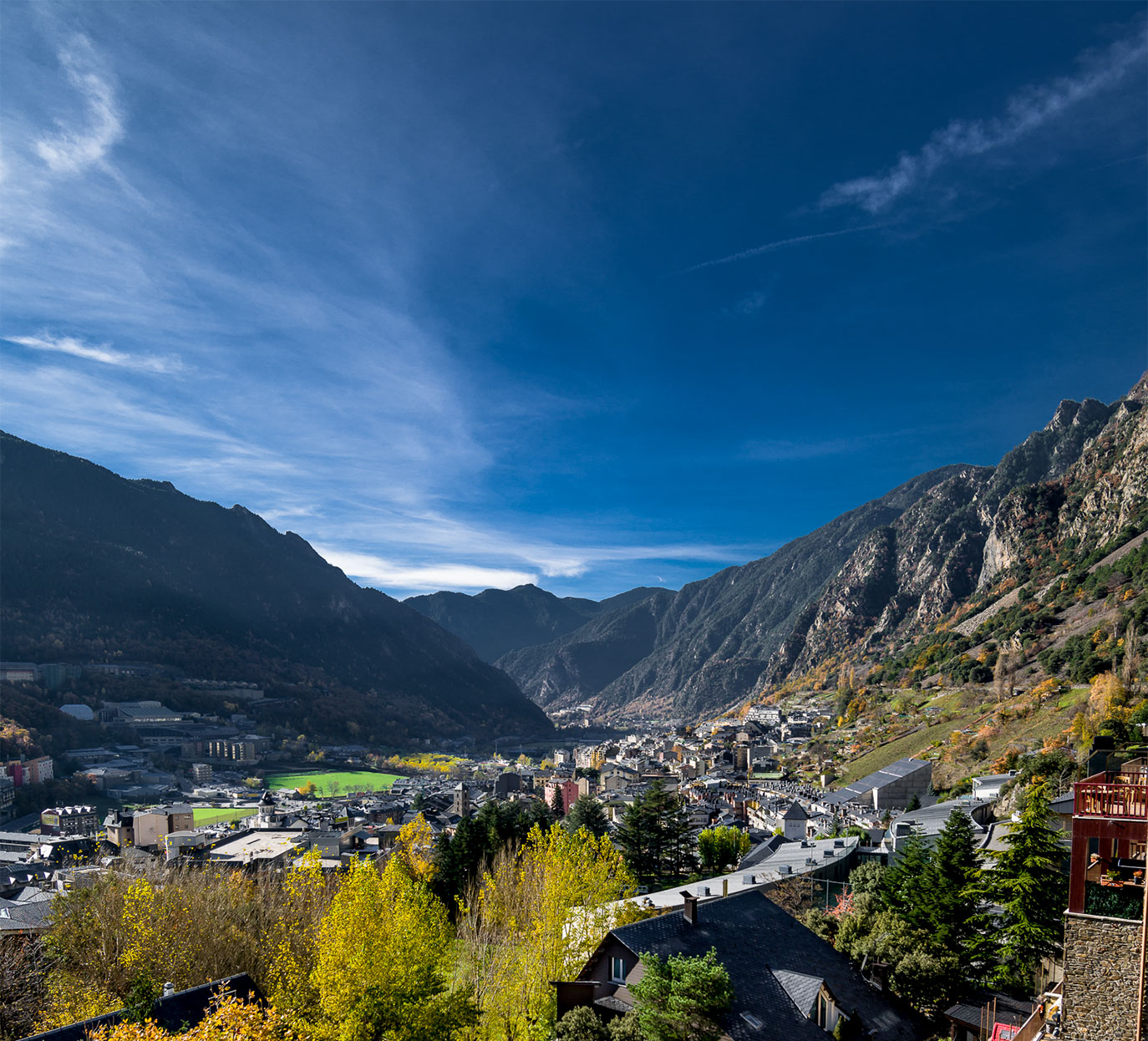
Nestled between France and Spain, the Principality of Andorra came about as a result of two international arbitral awards made in the years 1278 and 1288. Its unique political model, presided over by two Co-princes, the President of the French Republic and the Bishop of Urgell, has survived over the centuries and, with it, the neutrality which the Principality has so successfully preserved.
The people who inhabit the valleys which today make up the Andorran Nation – whose luxuriant vegetation over magnificent mountains have been recognised UNESCO World Heritage – have carried in their DNA, from inception, a culture of dialogue, of deal-making and of resolving disputes.
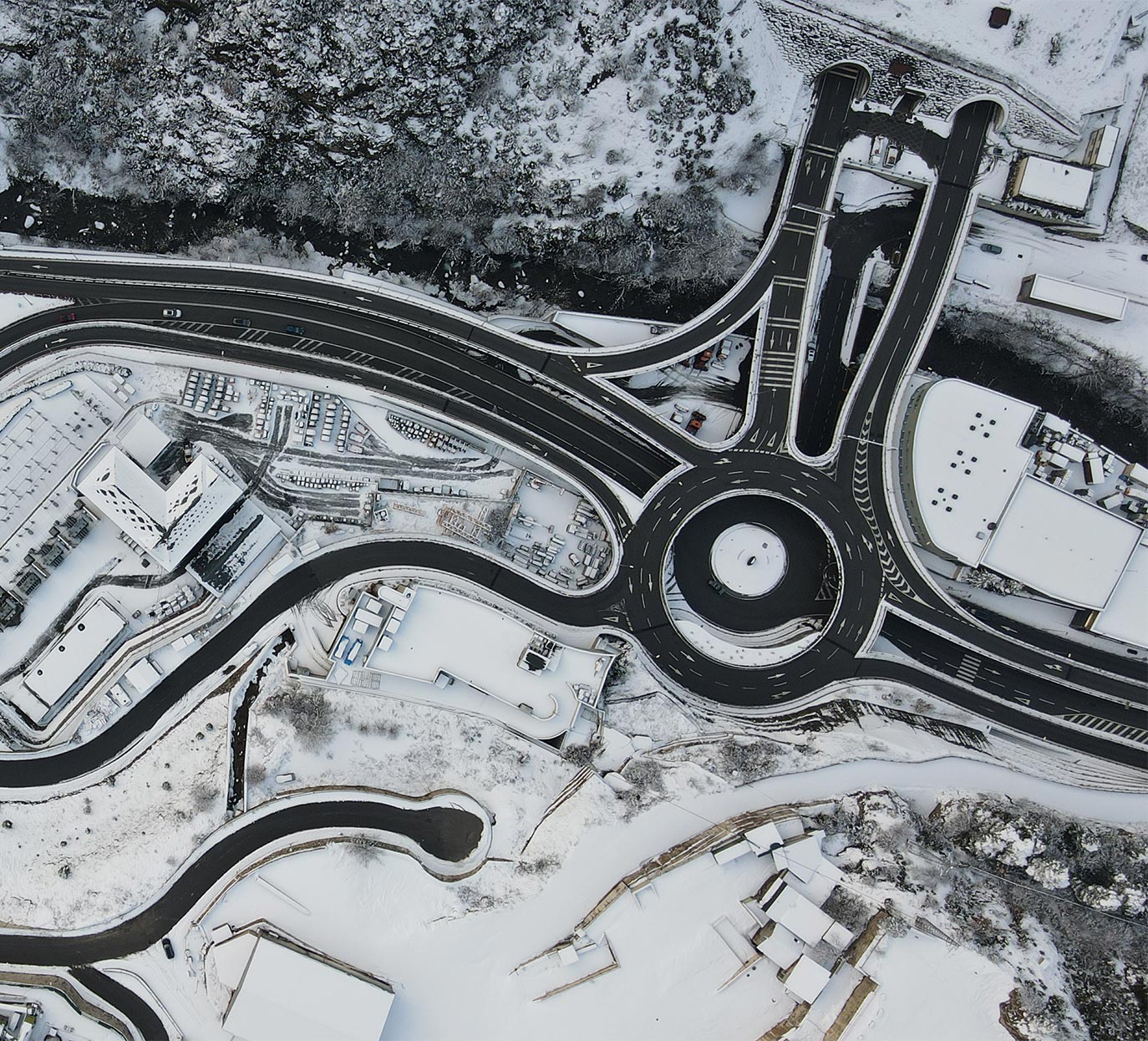
Proud of that legacy and firmly convinced that both economic growth and societal well-being inevitably include the promotion and development, both globally and nationally, of alternative means of dispute resolution, the Principality of Andorra, at the beginning of the last decade, set up a committee of experts to introduce a modern, dynamic and effective arbitration law, incorporating provisions reflecting the latest developments in the world of arbitration.
As a result of that initiative, 2014 saw the adoption of the 47/2014 Act of 18 December, on arbitration in the Principality of Andorra, and, four years later, the 13/2018 Act, on the Arbitral Tribunal of the Principality of Andorra (ATPA), aiming at creating a single institution to administer arbitration in the Principality.
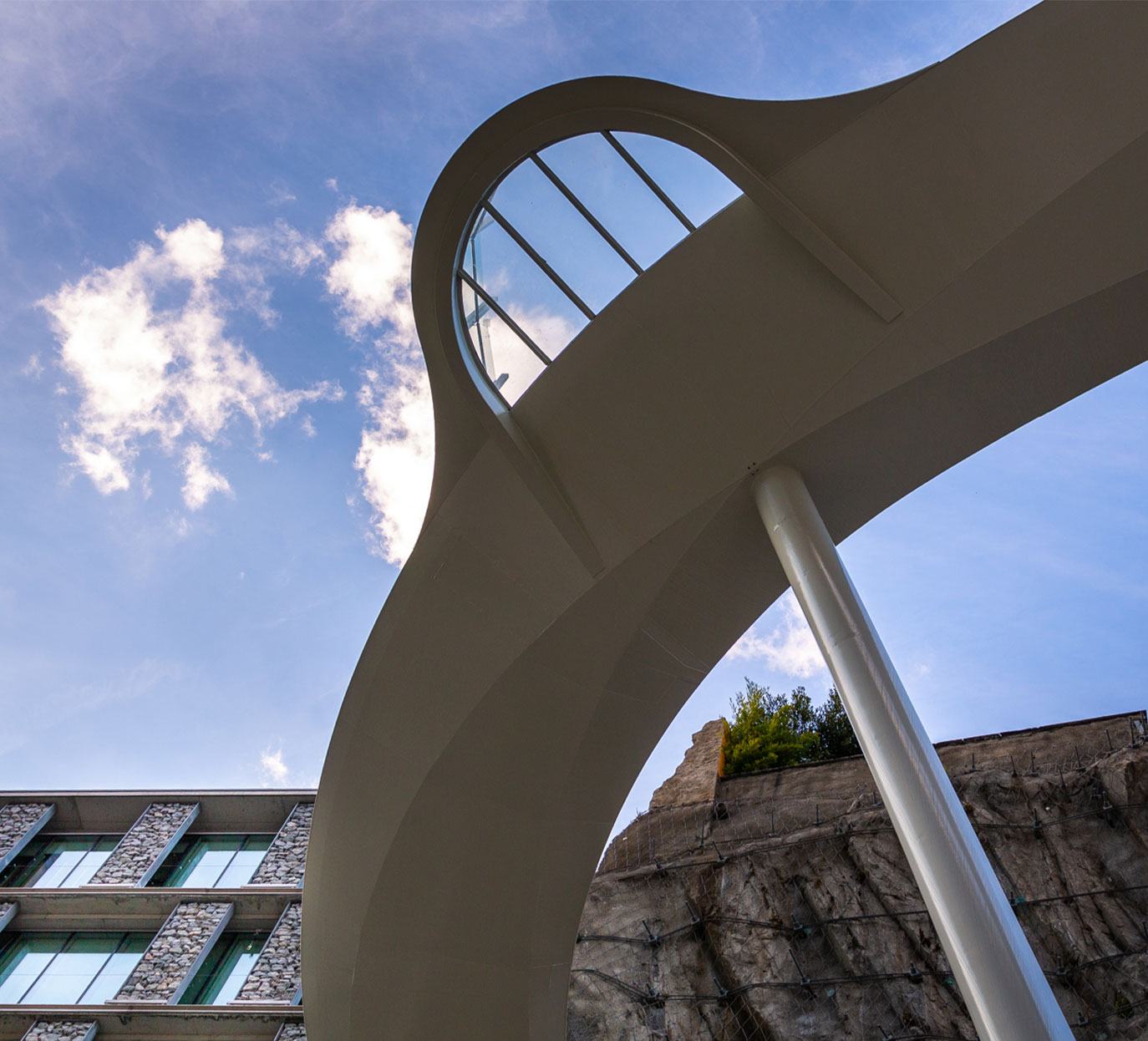
As a signatory to the New York Convention of 1958 on the Recognition and Enforcement of Foreign Arbitral Awards, the Principality of Andorra also guarantees that any award made in its territory will benefit from the provisions of the Convention.
The ATPA, whose founding members are the Andorran Chamber of Commerce, Industry and Services and the Andorra Bar Association offers both the Andorran business community and all operators in the field of international trade the possibility of choosing a sound institution to deal with their disputes in a secure and dynamic manner.
At all times, it is guided in its actions by the values of independence, confidentiality and trustworthiness, which are safeguarded by its organs, the Assembly and the Arbitral Board.
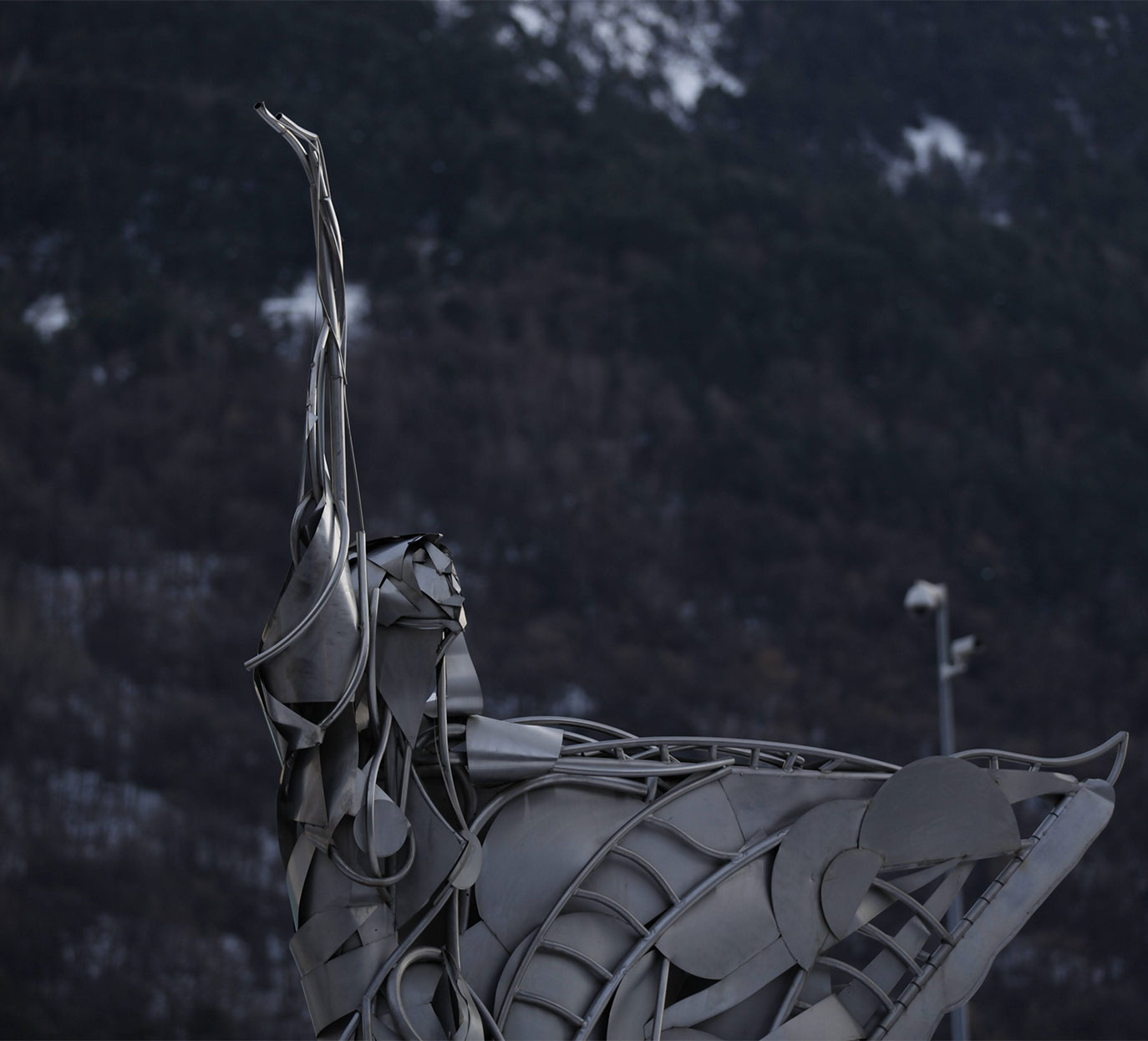
Submitting disputes to the ATPA for resolution is thus opting always for professional impartiality and competence, with complete assurance that the arbitrators, freely chosen by the parties but appointed by the ATPA’s Arbitral Board, will be entirely independent and impartial.
Furthermore, the ATPA applies modern arbitration rules, allowing large scope for adaptation to the parties’ specific procedural needs, as well as the unusual feature that evidence can be submitted in Catalan, Spanish, French or English without any need for translation.
Lastly, by choosing the ATPA to resolve their disputes, the parties will also have the opportunity, during their spare time, to enjoy a magnificent country, first-class hotels, 300 km of famous ski slopes, a multicultural society and unparalleled security, together with close proximity to Barcelona and Toulouse international airports and the high-speed train stations of Zaragoza, Lleida, Perpignan and Girona.
Bodies of the Arbitral Tribunal

>The Assembly

>The Presidency
The Presidency is the ATPA’s highest governing and representative body.
The President is appointed by the Assembly for a term of four years and may be re-elected.
While holding office, the President cannot act as an arbitrator in any arbitration administered by the ATPA.

>The General Secretary
The General Secretary is responsible, by delegation from the Arbitral Board, for monitoring the arbitral proceedings entrusted to the ATPA.
The Secretary General is also responsible for the treasury of the ATPA and for controlling and safekeeping its financial resources.

>The Arbitral Board
The Arbitral Board is a decision-making body which assists the Assembly and Secretary General of the ATPA.
It is composed of five members: one member appointed by each of the founding members of the ATPA; one member who is independent of the founding members, has a recognised experience in arbitration and is appointed by the Assembly; the President and the Secretary General.
The Arbitral Board has exclusive competence to administer the arbitral proceedings submitted to the arbitration rules of the ATPA (“the Rules”) and, by express delegation from the Assembly, has exclusive competence to appoint or confirm the arbitrators.
It is also the body which determines the requirements to be met by any candidate wishing to act as a possible arbitrator in a case before the ATPA, as the ATPA do not run a closed list of arbitrators.
Members of the Assembly and of the Arbitral Board
> Órganos
In accordance with the By-Laws of the ATPA, all its members must satisfy the requirements regarding the necessary independence and impartiality and always ensure the proper operation of the arbitral institution.
They must also be individuals of good business and professional repute and possess the appropriate knowledge to carry out the duties inherent with their office, together with adequate professional experience.
All its members, together with the staff of the ATPA, have a duty of the utmost confidentiality in respect of their office or the function they perform, and all debates held, and resolutions passed within the ATPA are confidential by nature.
No member of the ATPA may act as an arbitrator or legal adviser to parties in matters submitted to arbitration before the ATPA, unless expressly agreed by the parties.
President
Pierre Raoul-Duval
Secretary General
Pilar Escaler
Assembly · Arbitral Board
Sol Rossell Tarradellas
Assembly · Arbitral Board
Miguel Cases
Assembly
Jordi Daban
Assembly
Joan Monegal
Assembly · Arbitral Board
Marc Maestre
Assembly
Catalina Llufriuà
Arbitral board
Jordi Sellarès
Arbitral board
Juan Pablo Correa Delcasso
Commissions
Services
The ATPA not only offers the parties a first-class service in the administration and handling of the arbitration process, it also offers many other services intended to facilitate the conduct of arbitration in Andorra.
In relation to the arbitration process:
> Confirmation, appointment and/or replacement of arbitrators
> Active monitoring of the whole arbitration process
> Preliminary review of the award
> Determination and monitoring of the financial part of the arbitration process
Ancillary services as required:
> Transfer by private vehicle from and to Toulouse or Barcelona airport and other public or private means of transport.
> Preferential rates at hotels and restaurants
> Preferential rates for translation services




